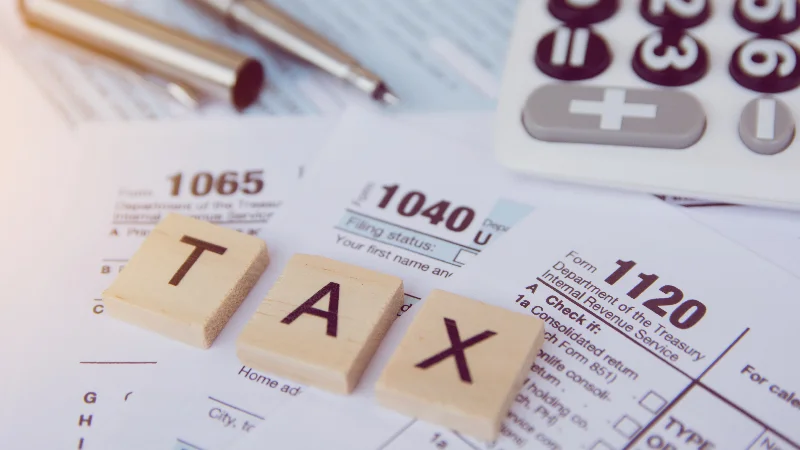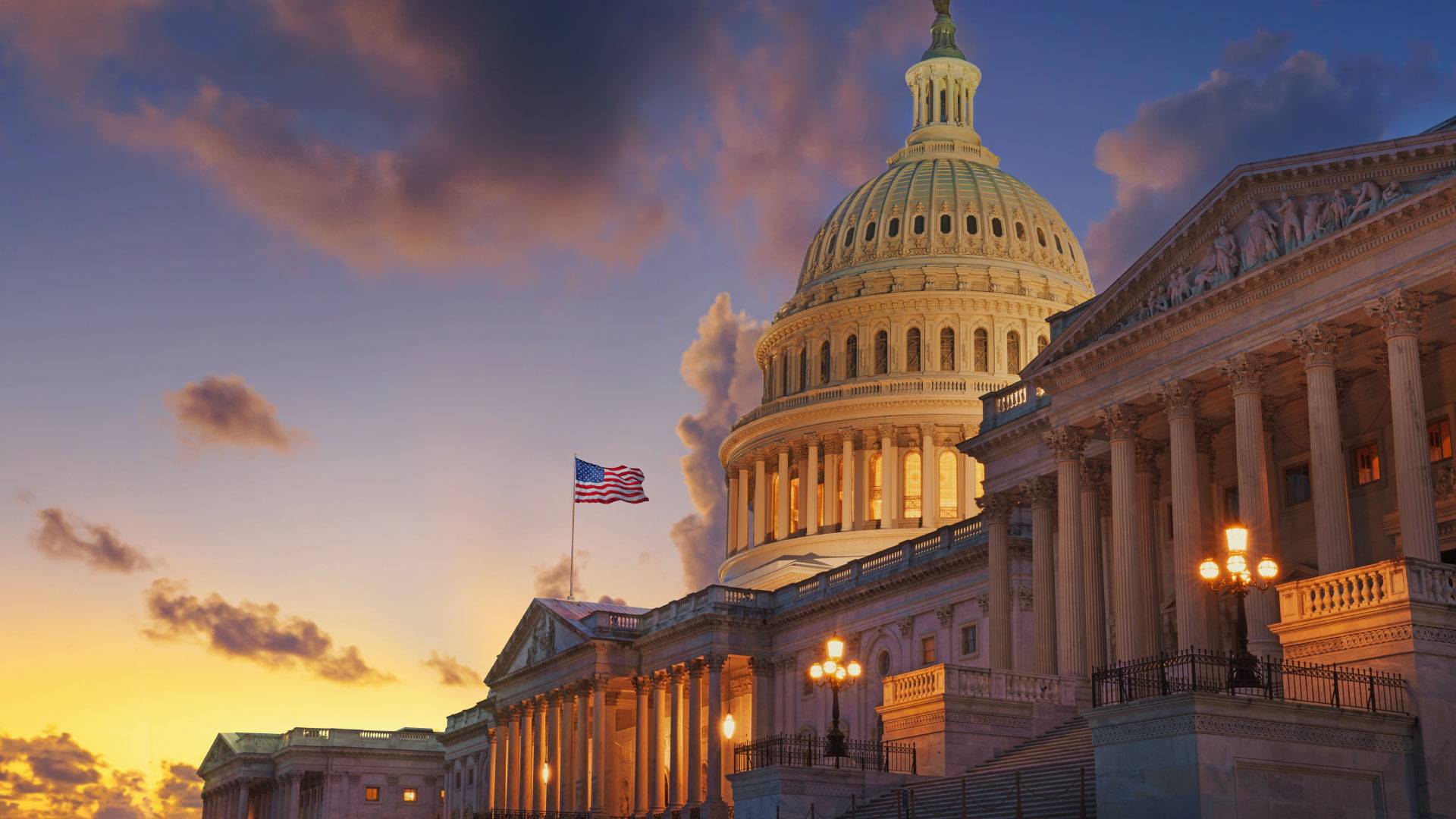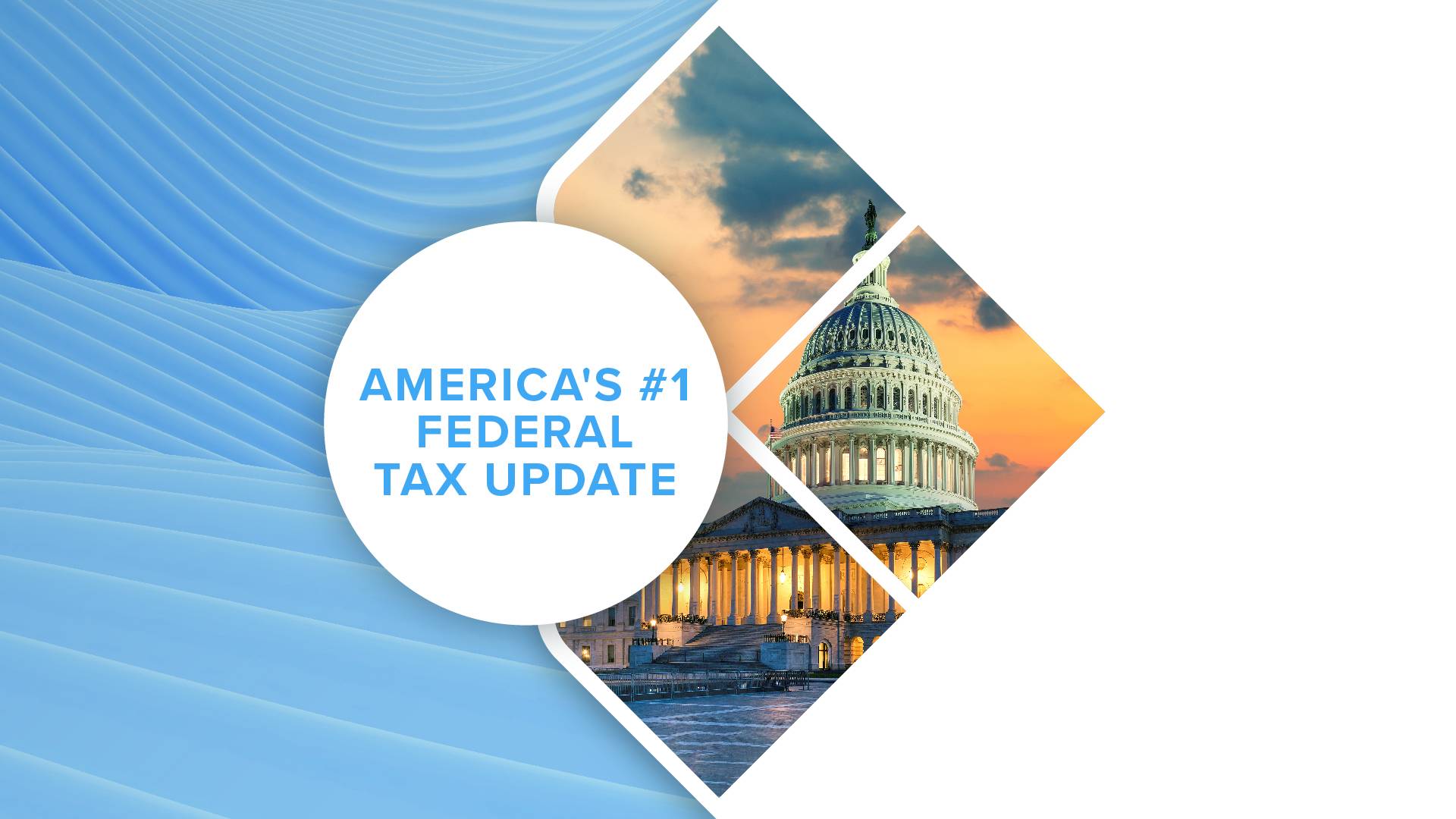
$261.00 – $291.00Price range: $261.00 through $291.00
Webcasts are available for viewing Monday – Friday, 8am – 8pm ET,
and Saturday & Sunday, 10am – 6pm ET.
Without FlexCast, you must start with enough time to finish. (1 Hr/Credit)
Please fill out the form below and we will reach out as soon as possible.
CPE Credits
9 Credits: Taxes
Course Level
Overview
Format
Self-Study
Course Description
Each year, various limits impacting income tax return preparation and tax planning are affected by inflation-related changes. In addition, various new tax laws may be passed. This course will examine many of those changes.
The Annual Tax Filing Season Update course discusses new tax law and recent updates for the 2026 filing season, including the retroactive provisions of the One Big Beautiful Bill Act (OBBBA), impacting 2025 income. In addition, it provides a general tax review, and examines important rules governing tax return preparer ethics, practices and procedures.
Upon completion of this course, you should be able to:
- Describe the tax law changes for 2025 affecting individual taxpayers brought about by passage of the One Big Beautiful Bill Act;
- Identify the principal individual income tax changes brought about by recent legislation;
- Apply the inflation-adjusted and other limits to the proper preparation of taxpayers’ income tax returns;
- Recognize the federal income tax filing statuses and the criteria for their use;
- Identify the types of income that must be recognized;
- Apply the tax rules to the various credits and adjustments to income that are available to taxpayers;
- Recognize the penalties that may be imposed on a preparer for failing to meet ethical and practice standards in preparing tax returns; and
- Identify the duties and restrictions imposed on tax preparers under Circular 230.
Need Flexibility?
Purchase now, choose later. Your credits are ready whenever you find the perfect courses for you.
Learning Objectives
Upon successful completion of this course, participants will be able to:
- Identify the inflation and cost of living adjustments to various federal limits;
- Comprehend the 2025 individual taxpayer changes resulting from passage of the One Big Beautiful Bill Act (OBBBA), impacting 2025 income including-
- The deduction for State and Local Taxes (SALT Deduction),
- The exclusion of tip income,
- The exclusion of overtime pay, and
- The car loan interest deduction,
- Recognize the applicable optional standard mileage rates;
- Describe the Third Party Network Transaction reporting requirements;
- Identify the salient features of the Direct File Pilot Program;
- Recognize the SECURE 2.0 Act provisions affecting –
- Catch-up contribution rules, and
- Increased age of eligibility for the onset blindness or disability for qualified ABLE programs effective for tax years beginning after 12/31/2025.
- Describe the criteria for filing as qualifying surviving spouse;
- Identify those items included in a taxpayer’s taxable earnings;
- Determine the tax treatment of foreign accounts and trusts; and
- Apply the rules governing contributions to and distributions from various retirement accounts.
- Describe the reporting and taxability of unemployment compensation;
- Determine the tax treatment of business income and expenses;
- Distinguish between the actual expense method and simplified method of figuring the home-office deduction;
- List the expenses normally deductible by taxpayers using a home for business purposes who use the actual expense method;
- Recognize the limits applicable to a home-office deduction.
- Distinguish between a hobby and a business for tax purposes; and
- Recognize various property depreciation eligibility requirements and limits.
- List the factors considered in determining the tax treatment of capital gains and losses;
- Identify standard deduction eligibility and amounts;
- Determine the eligibility for and limits applicable to the moving expense deduction;
- Understand the recordkeeping and documentation requirements applicable to the claiming of deductions;
- Recognize the eligibility requirements for various tax credits; and
- Describe the eligibility requirements for and limits applicable to education credits.
- Determine the eligibility for, and amount of, the Earned Income Tax Credit;
- Recognize modifications to the Energy Efficient Home Improvement Credit;
- Identify changes to the Residential Clean Energy Property Credit; and
- Describe the Clean Vehicle Credit changes under the One Big Beautiful Bill Act (OBBBA).
- Identify the rules governing the income tax treatment of virtual currency events and transactions;
- Recognize the aggregation rules applicable to the §199A deduction;
- Identify the trades or businesses considered specified service trades or businesses (SSTBs) that may be ineligible for the pass-through deduction;
- Recognize the eligibility requirements for the Premium Tax Credit;
- Describe the rules governing HSA and MSA eligibility and contribution limits;
- Recognize the options available to a taxpayer for paying any income tax due or receiving an income tax refund; and
- Identify the due dates of income tax returns.
- Identify the red flags indicating possible tax-related identity theft and suggested assistance to its victims;
- Understand the laws and regulations requiring privacy and security of taxpayer data and the best practices tax preparers may implement to help assure it;
- Describe the purpose of individual taxpayer identification numbers, their effect on tax credits and how to renew them;
- Recognize the penalties applicable to a tax return preparer under Title 26;
- Identify the due diligence requirements imposed on tax return preparers with respect to claiming head of household filing status, EITC, CTC and AOTC;
- Understand the e-file requirements; and
- Recognize the Annual Filing Season Program requirements.
Course Specifics
SS825445084
September 25, 2025
There are no prerequisites.
None
227
Compliance Information
IRS Provider Number: 0MYXB
IRS Course Number: 0MYXB-T-02741-25-S
IRS Federal Tax Law Credits: 9
CTEC Course Number: 2071-CE-02185
CTEC Federal Tax Law Credits: 9
CFP Notice: Not all courses that qualify for CFP® credit are registered by Western CPE. If a course does not have a CFP registration number in the compliance section, the continuing education will need to be individually reported with the CFP Board. For more information on the reporting process, required documentation, processing fee, etc., contact the CFP Board. CFP Professionals must take each course in it’s entirety, the CFP Board DOES NOT accept partial credits for courses.
CTEC Notice: California Tax Education Council DOES NOT allow partial credit, course must be taken in entirety. Western CPE has been approved by the California Tax Education Council to offer continuing education courses that count as credit towards the annual “continuing education” requirement imposed by the State of California for CTEC Registered Tax Preparers. A listing of additional requirements to register as a tax preparer may be obtained by contacting CTEC at P.O. Box 2890, Sacramento, CA, 95812-2890, by phone toll-free at (877) 850-2832, or on the Internet at www.ctec.org.
Meet The Experts

Paul J. Winn CLU ChFC is a writer with more than 30 years experience in the life insurance and securities industry as an agent/registered representative, an agency head, a marketing vice president for a life insurance company and the president of a corporate registered investment adviser. He was a long serving member of the advisory board to the New York State insurance department. He is a published book author and creator of more than 200 taxation, insurance and securities training courses.
Related Courses
-
 Taxes
Taxes
“Big Beautiful Bill” Summary of Selected Tax Provisions
Danny Santucci, JD QAS Self-Study
Credits: 4 $116.00
QAS Self-Study
Credits: 4 $116.00 -
 Taxes
Taxes
2023 Federal Tax Update (Complete Edition)
Mark Seid, EA, CPA, USTCP & Sharon Kreider, CPA QAS Self-Study
Credits: 20
QAS Self-Study
Credits: 20$575.00$432.00 -
 Taxes
Taxes
Estate Tools & Trusts
Danny Santucci, JD QAS Self-Study
Credits: 2 $58.00
QAS Self-Study
Credits: 2 $58.00
